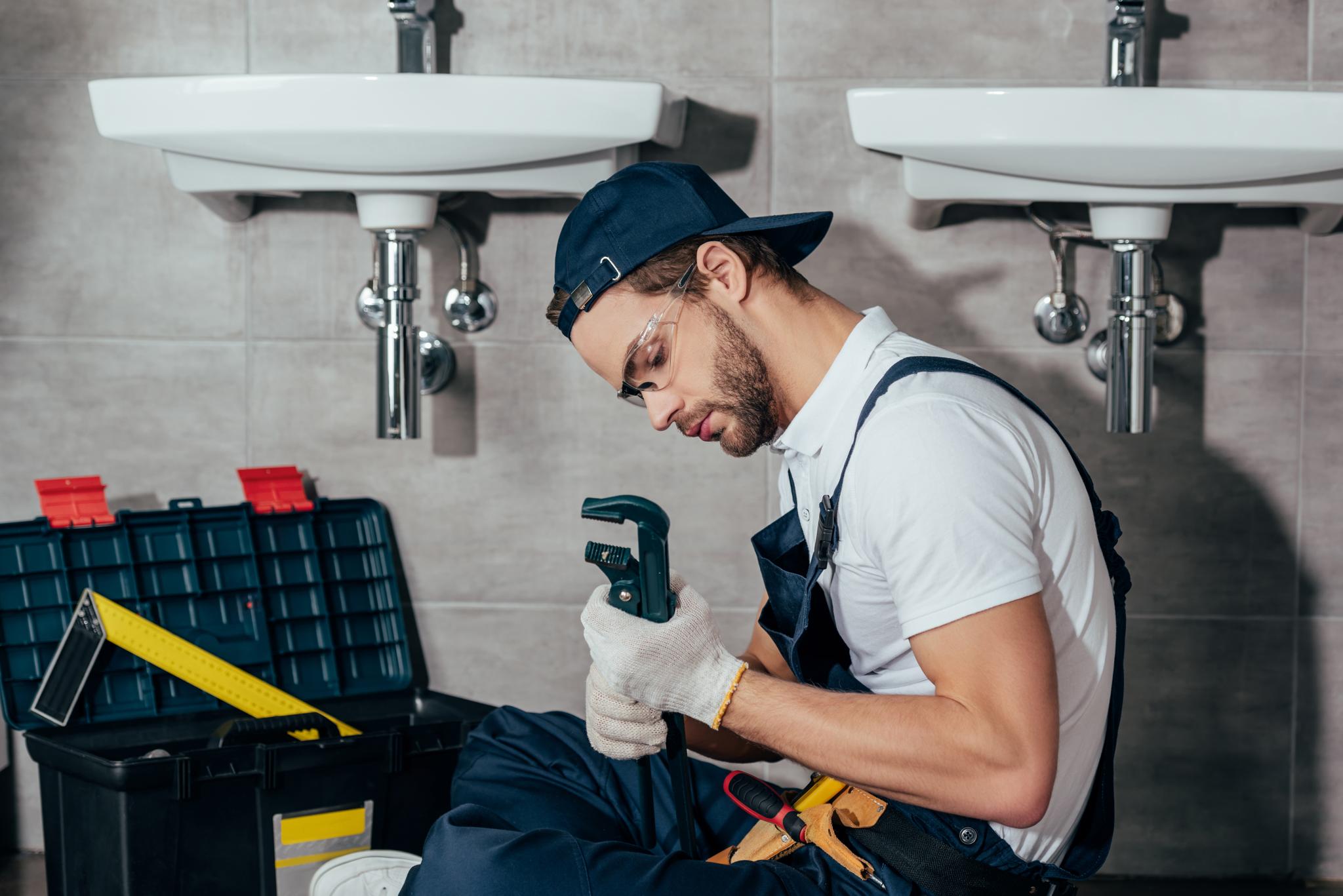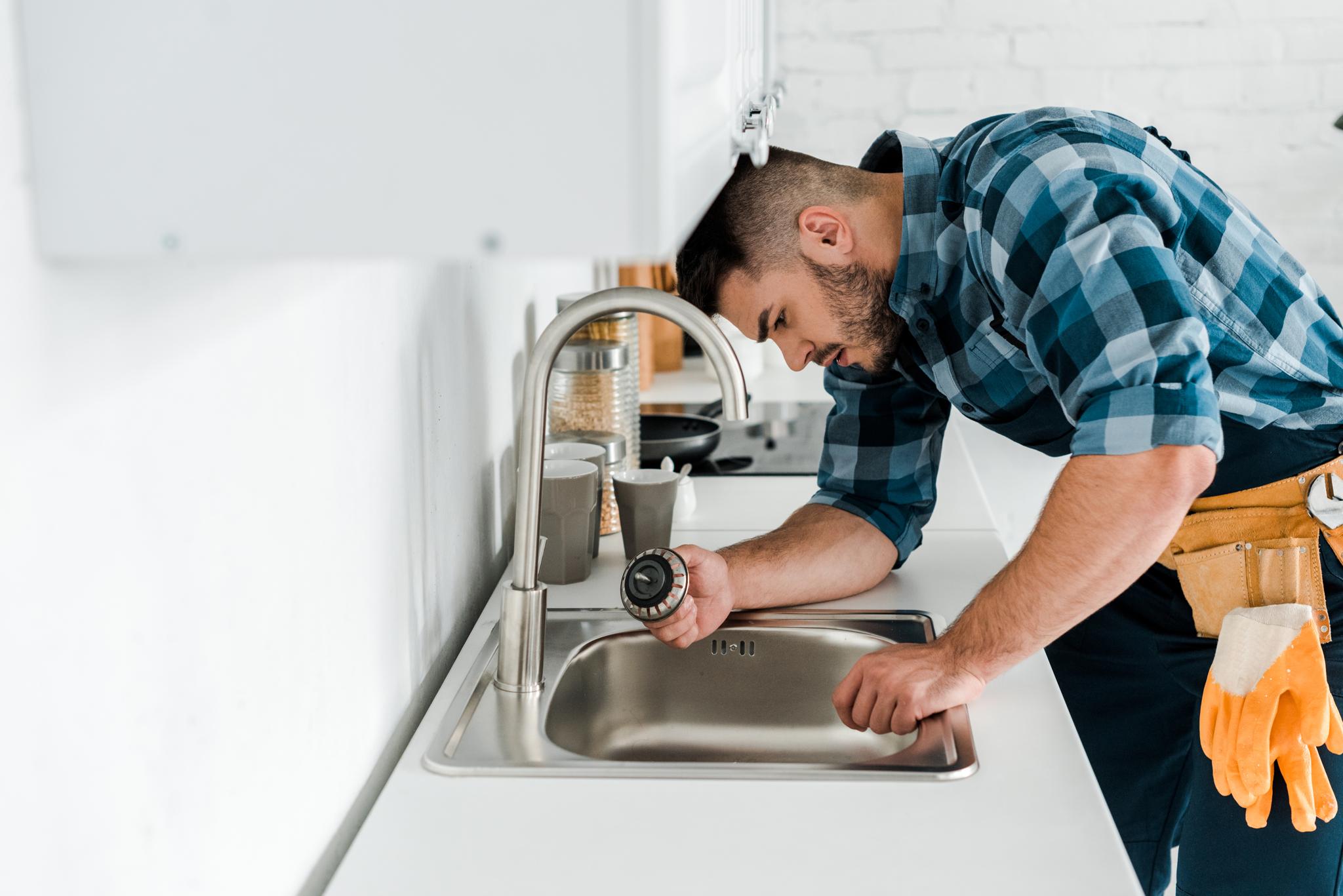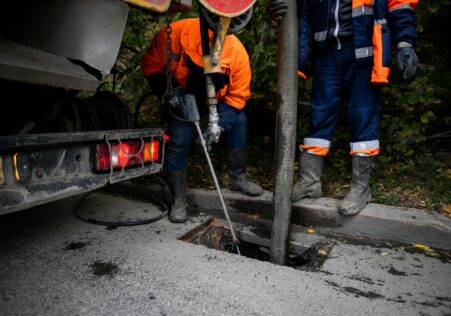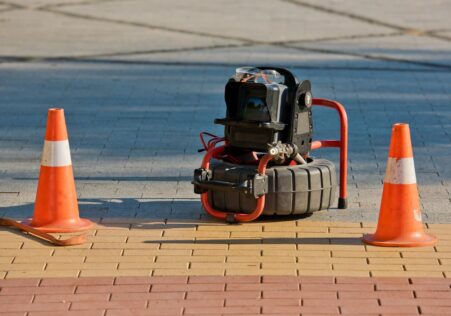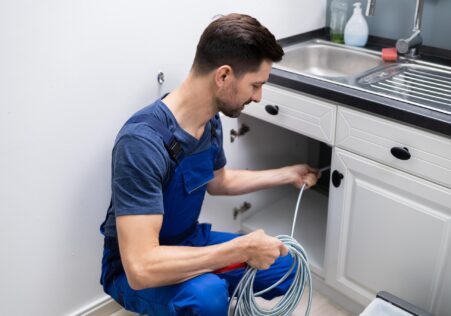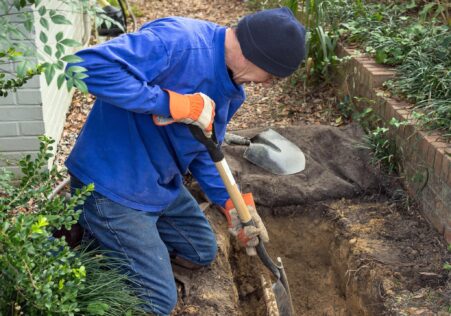How to Keep Your Drains Clean and Prevent Future Blockages
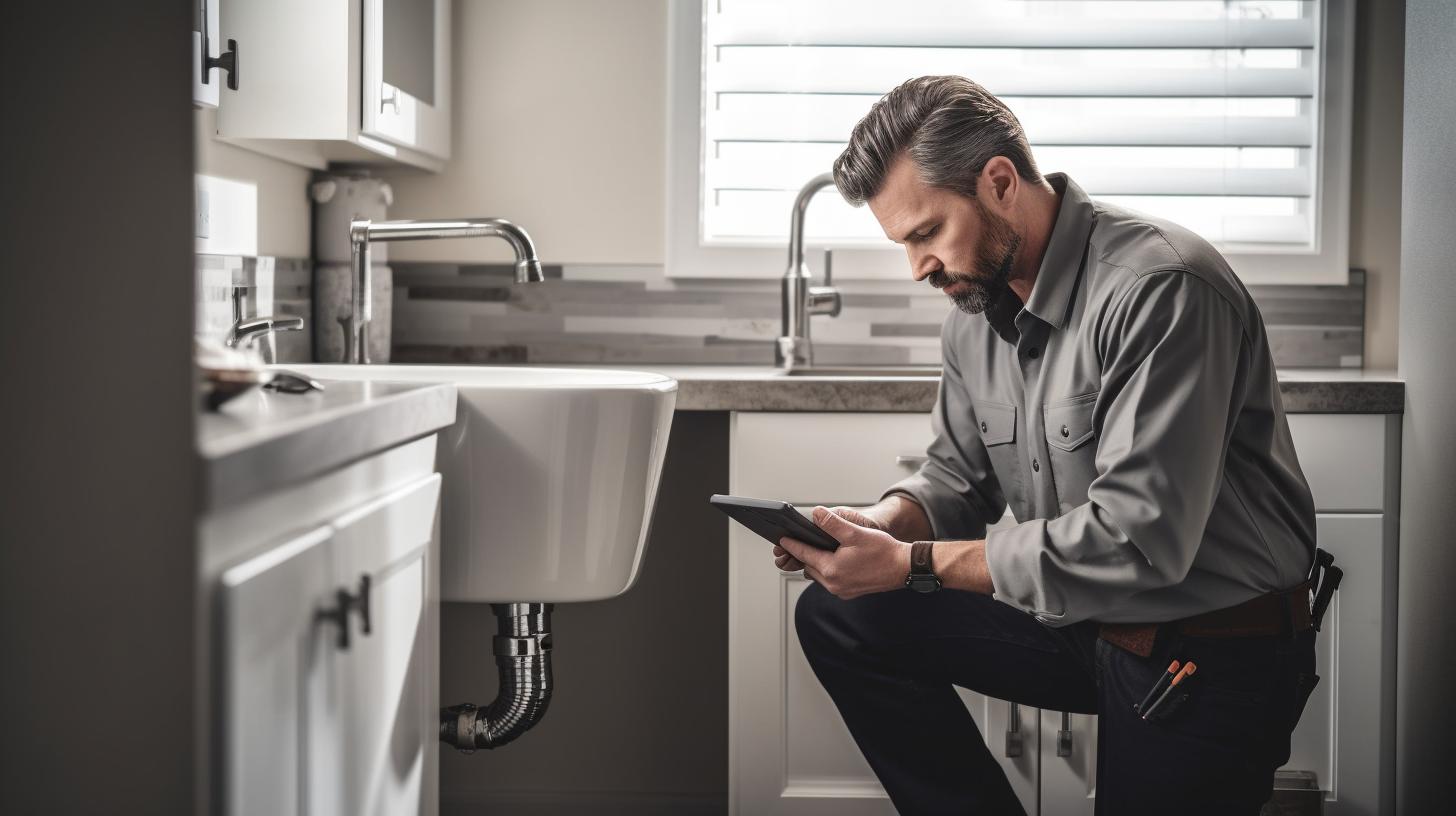
Are you tired of dealing with clogged drains at home or in the office? Are you interested in learning how to prevent future blockages and maintain the cleanliness of your drains? In this article, we will give you some suggestions and tricks to ensure clean drains. We will also provide reasons the importance of hiring professionals from Sydney Plumber Blocked Drains for the job.
Key Takeaways
- The most common causes of blockages to drains include hair and soap scum accumulation, food waste stuck to grease, toiletries flushed through the toilet like baby wipes and feminine hygiene products cotton swabs or dental floss as well as tree roots that grow into pipes outside the house.
- Use a strainer or hair catcher in the drain’s opening to keep food waste or hair from going down the drain.
- Properly dispose of kitchen waste by dumping food scraps into a compost bin or trash bag, rather than washing them in the drain.
- Do regular maintenance cleaning by pouring boiling water slowly down your sink, shower or tub drains a couple of times every week, when they’re free of debris.
- Mix equal amounts of baking soda and vinegar, then put them into the drain opening to provide an effective method of removing the grease blockages that build up on the walls of sewer pipes that create obstructions. Wait 30 minutes and then pour hot water into the drain.
- Call Sydney Plumber Blocked Drains for help with regular maintenance of sewer systems, septic tanks or pipes that are outside of the house to ensure that they function effectively and in a timely manner.
- Avoid using chemical drain cleaners as these can damage your pipes and endanger the environment.
- Beware of flushing items that are not compostable, such as cotton swabs, cotton towels, dental floss or feminine hygiene products down your toilet since this can cause expensive repairs to the sewers or in septic tanks.
- Be alert to smells that are unusual emanating from drains, slow drainage, gurgling sounds or other unusual activities that might indicate a clogged drain that needs to be addressed immediately.
Common Roots of Drain Blockages
Before we begin to discuss the best practices and rules, it’s crucial to understand why drain obstructions occur at the beginning. Here are a few common causes:
- Soap scum and hair buildup in the bathroom drains
- Food waste stuck in grease accumulation in kitchen drains
- Toiletries flushed down the toilet like baby wipes, toothpaste, feminine hygiene supplies or cotton swabs
- Tree roots developing into pipes in the exterior of the house
These elements can cause severe damage over time if left unchecked. There are solutions to deal with each and ensure your drains run without a hitch.
Dos
1. Make use of a strainer or hair catcher
A hair strainer or hair catcher will fit neatly over your drain’s opening. It prevents food or other waste from draining down the toilet. Be sure to clean the drains regularly.
2. Dispose of your kitchen waste
Scrape food scraps into the compost bin or garbage bag instead of rinsing them in the drain. Rinse dishes using hot water while washing dishes.
3. Conduct regularly scheduled maintenance cleaning
Each week, Pour boiling water slowly down your drain, shower or tub drain openings when they’re clean. This will help prevent any build-up of material from clogging the drain completely.
4. Use baking soda and vinegar
Mix equal parts baking soda, vinegar (usually half cups each) and slowly add it to the drain opening for an organic method of getting rid of the deposits that form on the walls of sewer pipes that result in blockages. After 30 minutes, pour hot water into the drain.
5. Speak to a specialist
Hire a professional plumber like Sydney Plumber Blocked Drains to perform regular maintenance of septic tanks, sewer pipes or other pipes outside your home to make sure they are working properly and effectively.
Don’ts
1. Avoid using chemical drain cleaners.
Chemical drain cleaners may cause harm to your pipes over time, and can also harm the environment. They can also pose a risk when used in conjunction with other cleaning products.
2. Don’t flush non-decomposable items in the toilet.
Avoid flushing non-decomposable items into your toilet such as cotton swabs, paper towels and dental floss as well as feminine hygiene products because they are not able to disintegrate naturally and instead cause expensive repairs in the sewers or septic tanks.
3. Don’t ignore warning signs
If you experience unusual smells coming from drains, the sound of gurgling, slow drainage or other unusual activity It could be an indication of a clogged drain which needs immediate attention.
| Do’s | Don’ts |
|---|---|
| Use a strainer or hair catcher | Use chemical drain cleaners |
| Properly dispose of kitchen waste | Flush non-decomposable items down the toilet |
| Perform regular maintenance cleaning | Ignore warning signs |
| Use baking soda and vinegar | |
| Call a professional like Sydney Plumber Blocked Drains for help |
Frequently Asked Questions
When should I scrub my drains?
It is suggested that you cleanse your drains at least every six months to a full year. If you notice slow drains or foul smells coming into your plumbing, it’s best to act as quickly as you can.
How can I make DIY methods to clean my drains?
There are numerous home remedies you can try such as pouring boiling water down the drain making use of vinegar and baking soda or using the plunger. Be cautious about the types of materials and products you put down your drain and avoid items that could cause damage or harm to the plumbing system.
How can I avoid future obstructions in my drains?
Regular checking of your water system can aid in preventing future blockages. Avoid flushing foreign objects into the toilet, regularly scrub hair off of the shower drains, and utilize a sink strainer to catch food scraps before they go into the drain.
When should I contact to speak with a plumber who is professional?
If you’ve tried DIY techniques but are still experiencing slow-moving or blocked drains, it’s recommended to call a professional plumber for an additional assessment because there could be underlying issues that need to be addressed.
My drains are always clogged This could be an indication of a bigger problem?
A constant clog in your drains can signal more significant problems such as tree roots that are infiltrating your pipes, or a collapsed pipe within the plumbing system. In these cases you should contact an experienced plumber like Sydney Plumber Blocked Drains who can assess the problem properly and recommend the best solution.
In the end, maintaining healthy drains is essential to every office or house. You can implement these tips today to avoid blockages in the future and to ensure your drains flow freely. Keep in mind that professional help is only one phone call or a click away. For more details on our plumbing services, including clearing drains that are blocked, CCTV drain inspection, pipe relining and general plumbing maintenance, contact Sydney Plumber Blocked Drains at # ###-###-#### or visit our website to find out more information. [(click here)] (https: //www. example.com/)
Additional Information
- Protecting the Nature at a time: Benefits of Pipe Relining
- The Ultimate Guide to Drain Clearing Services
- The Advantage of CCTV Drain Inspection in Detecting Root Infiltration Early
- Do-It-Yourself Drain Cleaning: Effective Tips for Avoiding Clogs in Your House
- The Ultimate Guide to Unclogging Your Drain Without Professional Help
- Resolve your blocked drain emergency with the finest plumber available
- Do-It-Yourself Solutions for a Clogged Pipe: Tips and Tricks
- A Comprehensive Comparison of Pipe Relining and Pipe Replacement
- How to Prevent Your Drains from Getting Blocked
- Examining and Verifying a Clogged Drain: Measures to Take


